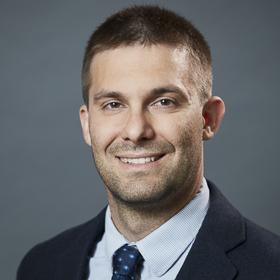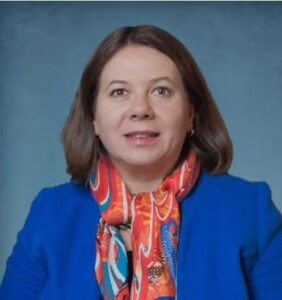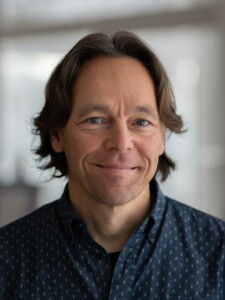Thursday 9 November, 2023 at 15:00-16:00 EET / 14:00-15:00 CET
Views on nuclear power as an energy source are split in the international arena. According to some leaders and experts, nuclear power can play an important role in the transition to a low carbon economy. According to others, nuclear technology is too expensive and involves unresolved issues, such as the processing and storage of spent fuel and severe construction delays for new plants. Meanwhile, political instability and geopolitical rivalry have cast doubts over the security of uranium supplies from key producers, from Niger to Kazakhstan. While the Western nuclear industry has struggled to remain competitive, Russia’s Rosatom has acquired a large portfolio of international orders, and China accounts for over one third of reactors currently under construction worldwide.
What are the prospects for nuclear power within the transition to a low carbon economy? How has the geopolitics of civil nuclear power changed in recent years? Why are some countries investing in nuclear power, while others are phasing out their plants? What are the political and security of supply risks in the nuclear sector?
This webinar is part of a series of ‘Spotlight’ events, looking at the fundamental transformations taking place in energy systems, and is part of the FIIA project The Global Politics of the Energy Transition .




